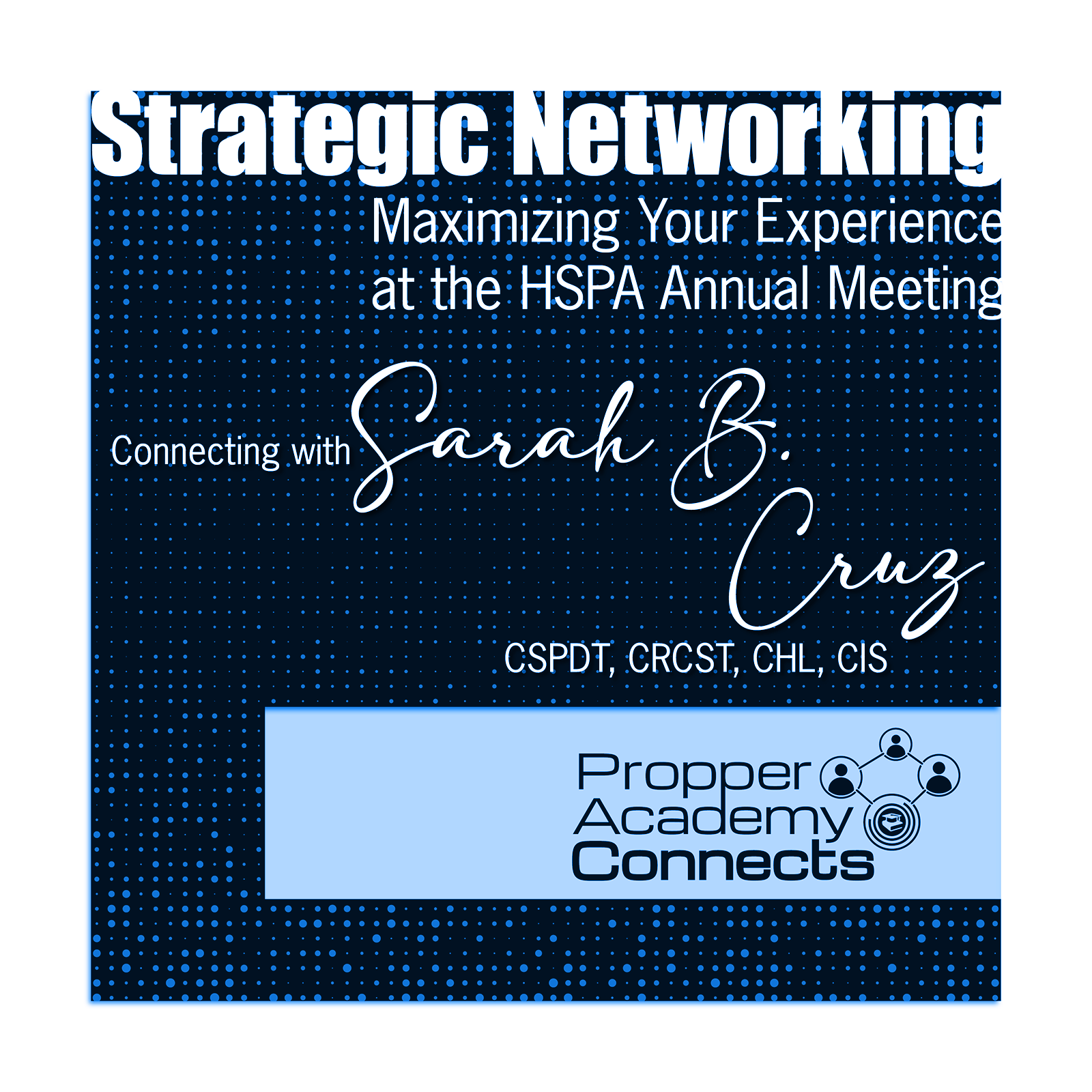Privacy Policy
At Propper, we may use the information we collect to process orders, determine buying trends, and provide a more personalized experience on the site. Please read on for more details about our privacy policy.
When you order, we need to know your name, e-mail address, mailing address, credit card number, and expiration date. This allows us to process and fulfill your order and notify you of your order status.
For promotional features, we may ask for your name, address, and e-mail address so we can distribute promotional offerings, administer contests, and notify winners.
When shopping, we may personalize your shopping experience by using your purchase history to shape our recommendations about the merchandise that might be of interest to you. We also monitor customer traffic patterns and site usage to help us develop the design and layout of the site, determine customer preferences and otherwise review product offerings and trends.
We may also use the information we collect to occasionally notify you about important functionality changes to the Web site, new products or services, and special offers we think you’ll find valuable.
When you place orders we offer the use of a secure server. The secure server software (SSL) encrypts all information you input before it is sent to us. Furthermore, all of the customer data we collect is protected against unauthorized access.
Our website makes use of “Cookies”, which are small pieces of information that are stored by your browser on your computer’s hard drive. Our cookies do not contain any personally identifying information, but they do enable us to provide features such as personalized shopping and to store items in your shopping cart between visits. Most Web browsers automatically accept cookies.
Propper does not currently sell, trade, or rent your personal information to others. We may choose to do so in the future. Also, Propper may provide aggregate statistics about our customers, sales, traffic patterns, and related site information to third-party vendors, but these statistics currently include no personally identifying information.
By using our Web site, you consent to the collection and use of this information as we have described above. If we decide to change our privacy policy, we will post our revised policy on this page so that you are always aware of what information we collect, how we use it, and under what circumstances we disclose it. By using our site, you also agree to our Terms of Use and Terms of Sale. Propper is not liable for any direct, indirect, special, consequential or other damages that may arise form any violation of this Policy.
Tell us what you think!
Propper welcomes your questions and comments about privacy. Please send them by e-mail to [email protected].





